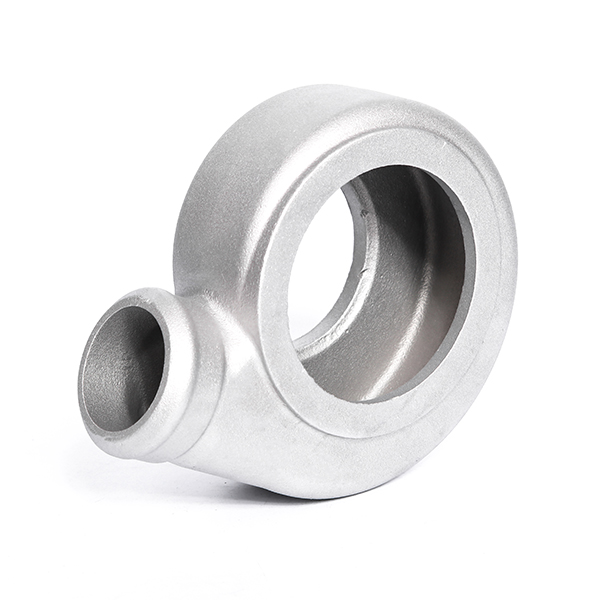Mobile:+86-311-808-126-83
Email:info@ydcastings.com
Brass Blanking Caps for Efficient Sealing and Protection in Various Applications and Industries
Understanding Brass Blanking Caps Applications and Benefits
Brass blanking caps are essential components widely used in various industries, particularly in plumbing, manufacturing, and automotive sectors. These caps serve as protective covers for threaded or unthreaded openings in pipes, tubes, and fittings. While they might seem like simple hardware, brass blanking caps play a vital role in ensuring system integrity and preventing leaks or contamination.
What are Brass Blanking Caps?
Brass blanking caps are solid or hollow pieces, typically made from brass—a copper-zinc alloy known for its durability, corrosion resistance, and excellent machinability. The manufacture of these caps involves precise machining processes to ensure that they fit perfectly on the intended openings. They come in various sizes and thread configurations to accommodate different applications.
Applications of Brass Blanking Caps
1. Plumbing Systems In plumbing, brass blanking caps are commonly used to seal off pipe ends or thread connections. When a section of a plumbing system is decommissioned or left unused, a blanking cap is used to prevent water leakage, block debris introduction, and reduce the risk of corrosion.
2. Automotive Industry The automotive sector utilizes brass blanking caps for similar purposes, sealing unneeded openings in engine components or fuel lines. This helps maintain optimal pressure and avoid contamination of fluids.
3. Manufacturing and Machining In manufacturing applications, these caps can protect internal threads from dust and debris, ensuring a clean and precise assembly during further processing. They are also used in testing and drying processes, providing a secure seal that prevents loss of pressure or contamination.
4. HVAC Systems Heating, ventilating, and air conditioning (HVAC) systems frequently employ brass blanking caps to seal off components that are temporarily inactive. This is crucial for maintaining system efficacy and ensuring clean air circulation without contamination.
brass blanking cap

Benefits of Using Brass Blanking Caps
1. Corrosion Resistance One of the primary advantages of brass is its resistance to corrosion, making these caps ideal for applications that involve water or chemical exposure. This property significantly extends their lifespan, reducing the frequency of replacements.
2. Durability Brass is known for its mechanical strength, which means that brass blanking caps can withstand high pressures and temperatures without deforming or failing. This durability is essential for maintaining structural integrity in critical systems.
3. Ease of Installation The threaded designs of many brass caps make them easy to install and remove. This convenience is vital for maintenance tasks, where quick access to system components is necessary.
4. Aesthetic Appeal In applications where visibility is important, brass’s natural luster adds an aesthetic touch. This is particularly true in architectural or decorative fittings, where functional components also need to be visually appealing.
5. Recyclability Brass is a metal that can be recycled without losing its properties, making brass blanking caps an environmentally friendly choice. When these components reach the end of their life cycle, they can be repurposed, contributing to sustainable practices in manufacturing.
Conclusion
Brass blanking caps are more than mere closures; they are crucial for maintaining the efficiency and reliability of diverse systems across multiple industries. Their resistance to corrosion, durability, ease of use, and aesthetic appeal make them an ideal choice for professionals seeking long-lasting solutions. As industry standards continue to evolve, the importance of such components in safeguarding system integrity and ensuring optimal performance will only grow. Understanding the role and advantages of brass blanking caps allows businesses to make informed choices, ultimately enhancing their operational efficiency and reliability.
-
Why Should You Invest in Superior Pump Castings for Your Equipment?NewsJun.09,2025
-
Unlock Performance Potential with Stainless Impellers and Aluminum End CapsNewsJun.09,2025
-
Revolutionize Your Machinery with Superior Cast Iron and Aluminum ComponentsNewsJun.09,2025
-
Revolutionize Fluid Dynamics with Premium Pump ComponentsNewsJun.09,2025
-
Optimizing Industrial Systems with Essential Valve ComponentsNewsJun.09,2025
-
Elevate Grid Efficiency with High-Precision Power CastingsNewsJun.09,2025











